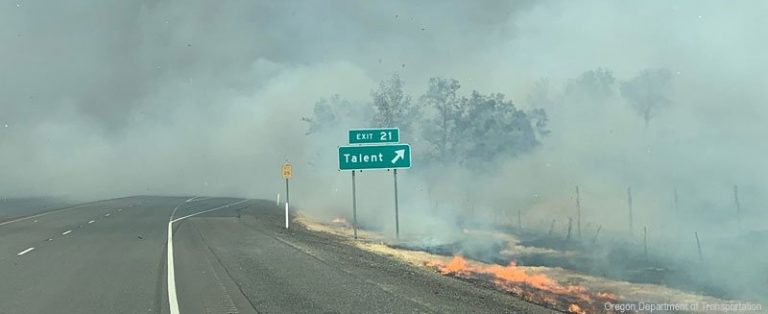Published on October 5, 2021

Heat already kills more Americans than any other weather-related disaster, according to the National Weather Service — and climate change is making these extreme events even more dangerous.
The Northwest’s record-breaking heat wave in June, which scientists say would have been “virtually impossible” without human-caused climate change, for instance, killed hundreds of people in Oregon, Washington and British Columbia. When Hurricane Ida pummeled Louisiana early this month, a heat wave exacerbated the impacts of the storm.
The compounding consequences of extreme heat don’t fall equally across communities. A recent study from the University of California, San Diego, found that low-income neighborhoods and communities with high Black, Hispanic and Asian populations experience significantly more heat than wealthier and predominantly white neighborhoods.
Continue reading at CNN.
Originally written by Rachel Ramirez for CNN.